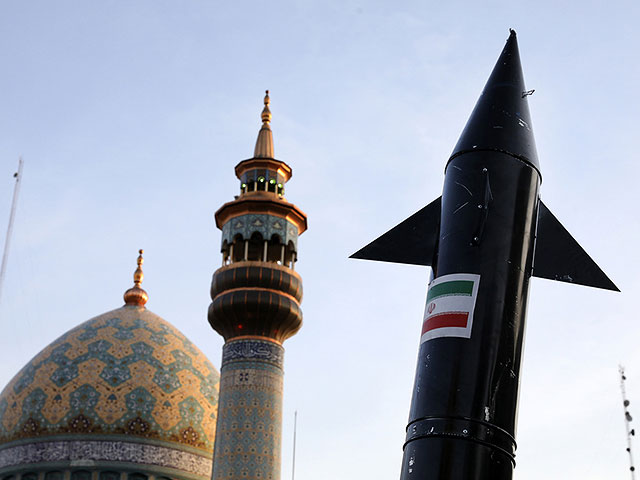During a recent statement, Kamal Kharazi, adviser to the Supreme Leader of the Islamic Revolution, emphasized that Iran may have to adjust its nuclear doctrine if Israel poses a serious threat to the country’s survival. Kharazi clarified that while Iran has not yet made a decision to develop nuclear weapons, this stance could change in response to an existential threat. He warned that if Israel were to target Iran’s nuclear facilities, it could cause a change in Iran’s deterrence strategy.
Similarly, General Ahmad Haytalab of the Islamic Revolutionary Guard Corps (IRGC), who oversees nuclear development in the IRGC, also acknowledged the potential need to reassess Iran’s nuclear doctrine following a potential Israeli attack. Analysts suggest that Iran is on the verge of acquiring nuclear weapons and could become a nuclear power in the near future if the leadership chooses to continue down this path. However, the final decision rests with Supreme Leader Ayatollah Ali Khamenei.
It is worth noting that in April 2024, Iran launched its first independent attack on Israel, deploying numerous drones, ballistic missiles and cruise missiles. The Israeli Defense Forces intercepted and destroyed most of these weapons. Western media reports indicate that Israel responded with a limited strike intended as a show of force rather than inflicting significant damage on Iran. The incident highlighted ongoing tensions between Iran and Israel, highlighting the potential impact of these conflicts on Iran’s nuclear doctrine.
Furthermore, during his address at Fars University in Tehran earlier this year, Ayatollah Khamenei reiterated his stance on maintaining possession of nuclear weapons as essential for protecting national security and independence. He argued that “Iran has no intention of using its nuclear capabilities against any other country,” but emphasized that it would defend itself if necessary.
In conclusion, while tensions between Iran and Israel remain high over issues such as uranium enrichment and regional instability, both sides have acknowledged the potential for changes in their respective policies regarding nuclear weapons development. Ultimately, any decisions regarding such matters will be made by Supreme Leader Ayatollah Ali Khamenei based on what he deems best for the country’s interests and security.
